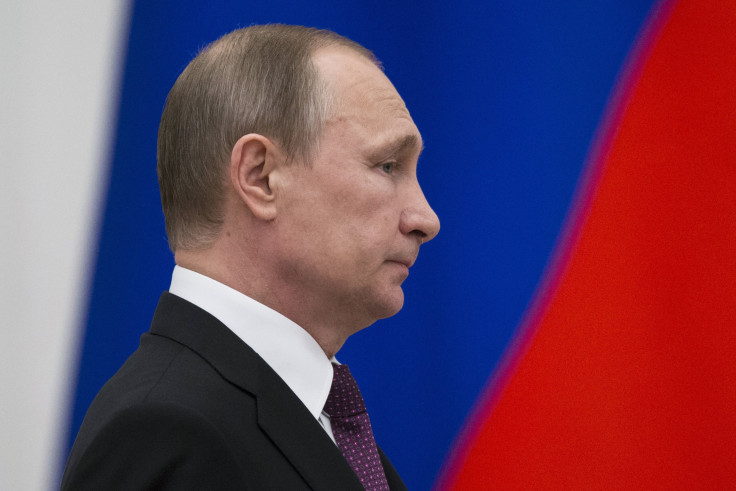Russia-Ukraine Conflict Update: EU Extends Sanctions Against Moscow Amid Calls To Free Ukrainian Pilot

Perhaps taking a cue from the United States, the European Union decided Thursday to extend its sanctions against individuals and companies over Russia’s annexation of Crimea in 2014 and ensuing war in eastern Ukraine for another six months.
The EU sanctions affect 146 people and 37 companies viewed as “undermining or threatening of the territorial integrity, sovereignty and independence of Ukraine.” The asset freezes and travel bans are scheduled to stay in place until Sept. 15, 2016, targeting people including former Ukrainian President Viktor Yanukovych and politicians and businessmen close to Russian President Vladimir Putin. The update of the list, originally compiled in March 2014, removed three deceased people.
The extension came the same day as Federica Mogherini, the EU’s foreign policy head, called on Russia to release Ukrainian pilot Nadiya Savchenko. Savchenko is on trial after being accused of killing two Russian TV journalists in June 2014 — a charge she has vehemently denied, saying she had been captured by Russian-backed rebel troops hours before the incident.
The Ukrainian government views the trial as politically motivated, and Savchenko is facing up to 25 years in prison. Savchenko, who has protested her imprisonment, relaxed her hunger strike Thursday by accepting liquids for the first time in a week.
“This is no longer just a judicial or political case. Now it’s a matter of human compassion,” Mogherini said in a statement. “Her health condition is deteriorating rapidly and we all fear terrible consequences.”
Nadiya #Savchenko supporters organize actions all over the world https://t.co/bCDu8mpFep pic.twitter.com/07GiYVVGCM
— UKRAINE TODAY (@uatodaytv) March 10, 2016
Savchenko's detention has fueled protests by Ukrainians staging demonstrations outside of the Russian Embassy in Kiev and Russians protesting against the Ukrainian government in Moscow.
Western sanctions coupled with the steep decline in oil prices from more than $100 a barrel to around $35 have hit the Russian economy hard. The EU will have to decide whether to extend other economic sanctions targeting Russia’s banking, energy and defense sectors in July, Reuters reported. The U.S. extended its own sanctions against Russia in early March, arguing the Kremlin’s actions continue to “pose an unusual and extraordinary threat to the national security and foreign policy of the United States.”
© Copyright IBTimes 2024. All rights reserved.






















